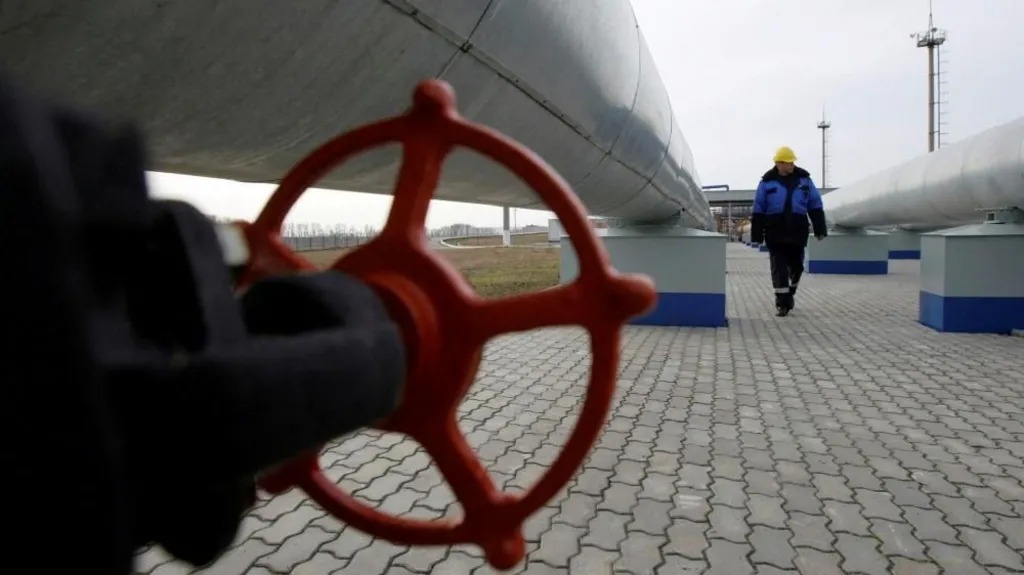
Transition and Its Impacts
End of a Decades-Long Gas Transit Arrangement
Since 1991, Russian gas has been transported to Europe through Ukraine. However, as of 8:00 local time on Wednesday, this flow has ceased, confirmed by Gazprom, the Russian state gas company.
While the immediate effects are minimal, the symbolic and strategic ramifications are profound:
- Russia’s Market Loss: The EU has drastically reduced its reliance on Russian gas since 2022.
- EU’s Preparedness: Many states have diversified their energy sources, ensuring minimal disruption.
- Affected Nations: Eastern EU states like Slovakia and Austria continue to rely significantly on Russian gas.
Geopolitical Tensions Rise
A Political and Economic Battlefield
Ukrainian President Volodymyr Zelensky described the cessation as a move to prevent Russia from profiting further during its aggression against Ukraine. Meanwhile, Polish officials celebrated the cut-off as a victory, underscoring the need for alternative energy routes.
Slovakia’s Energy Challenges
Slovakia, now the main entry point for Russian gas into the EU, faces rising costs and potential energy disruptions. Prime Minister Robert Fico warned of “drastic” consequences and hinted at stopping electricity exports to Ukraine, prompting sharp criticism from Zelensky.
Alternative Energy Sources
EU’s Shift Toward Energy Independence
The EU has been actively sourcing energy from non-Russian suppliers, including:
- Liquefied Natural Gas (LNG): Imported from Qatar and the US.
- Piped Gas: From Norway and other regions.
- Infrastructure Expansion: Terminals in Croatia and connections via Germany and Poland.
Poland, in particular, has leveraged its imports from the US, Qatar, and the North Sea, positioning itself as a model for energy independence.
Moldova and Transnistria Crisis
Severe Impacts on Moldova
Moldova, heavily reliant on Russian gas for electricity, faces significant challenges. Gazprom restricted supplies over alleged unpaid debts, which Moldova denies.
Transnistria in the Cold
The breakaway region of Transnistria, reliant on Russian gas, has seen heating and electricity cut off. Authorities are urging residents to conserve energy as temperatures plummet below freezing.
Future Outlook
Long-Term Implications for Europe
The European Commission has outlined plans to eliminate reliance on Russian gas entirely. However, eastern EU states and neighboring regions like Moldova face an uphill battle in transitioning to alternative energy sources.
As Europe adjusts to this new reality, the balance between energy independence and geopolitical stability will remain at the forefront of policy discussions.
External and Internal Links
- External Link: Read more on European energy strategies
- Internal Link: Insights into energy independence



